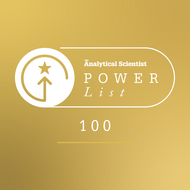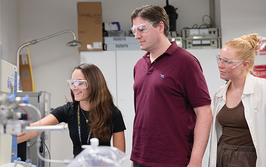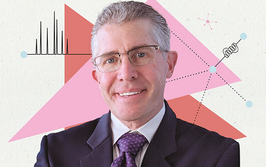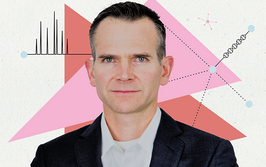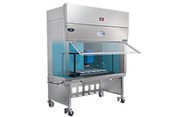Pavel Jandera
The Power List 2015
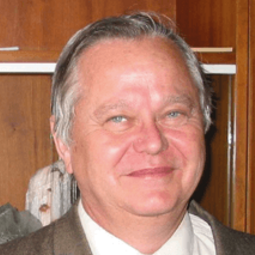
Pavel Jandera
Professor, Department of Analytical Chemistry, Faculty of Chemical Technology, University of Pardubice
Most important lesson It is impossible to avoid mistakes when searching for new solutions to problems; I cannot count mine. However, the failures may be very useful and we often can turn them into an advantage.
My work was largely based on modeling in HPLC, which is an extremely useful tool for method development and optimization. However, a few words of warning: modeling should be used carefully, which often is not the case, as we can see in some published papers. First, the retention model employs equations with parameters, determined by the regression analysis of experimental data. Hence, the model can be only as reliable as the experimental data, which should be acquired in the mobile phase range providing not too low a retention, otherwise they can be subject to gross errors. Further, a satisfactory fit of the experimental data to the retention model alone does not provide its physical correctness. The model should be tested with a variety of samples before it can be more or less generalized. This issue was very well characterized by Pat Sandra: “Models should be used, but not believed.”
Eye on the horizon In my opinion, the main problem of analytical chemistry – especially of analytical separations – is that we are often faced with samples containing millions of compounds in concentrations spanning several orders of magnitude. On the basis of very limited knowledge, we guess which of them are the most important. This guess may or may not be right. We can only approach the information on such samples by detecting (not to say identifying) a few thousands or maybe a few tens of thousands of them by using multidimensional chromatography coupled to mass spectrometry (and possibly other spectroscopic techniques.) It is frustrating that the more chromatographic dimensions we couple on-line, the more we dilute the sample and the more we lose in sensitivity terms. Any research direction that leads the way to a solution to this problem is very exciting. One possible step may be to use off-line selective multidimensional systems that employ new stationary phase chemistries.
